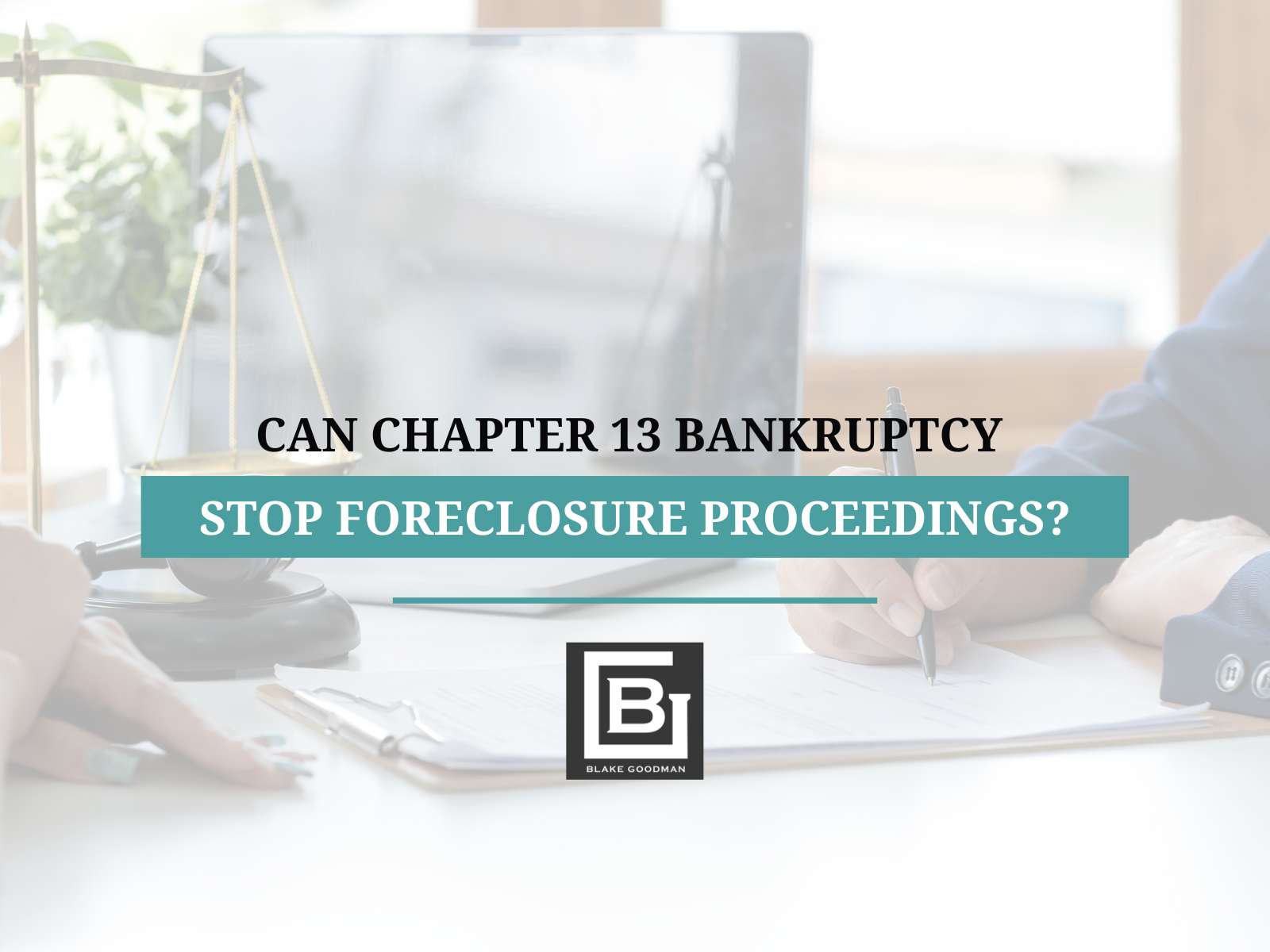How Chapter 13 Helps Prevent Foreclosure & Stop Debt Collectors
Individuals may use a Chapter 13 proceeding to save their home from foreclosure. Filing for bankruptcy under Chapter 13 can quickly put a stop to debt collectors, and help you find relief from your debts. This safeguard, known as Automatic Stay, is a crucial protection for individuals seeking bankruptcy and offers respite from the pressures of debt.
Once the debt is discharged by the bankruptcy court, the discharge permanently bars the creditor or debt collector from collecting the debt. Filing for bankruptcy can have long-term consequences so consult your Honolulu bankruptcy attorney to learn more.
What is an Automatic Stay?
An automatic stay is a provision in United States bankruptcy law that temporarily prevents creditors, collection agencies, government entities, and others from pursuing debtors for money that they are owed. As long as your home has not been sold in a foreclosure sale, you will have an opportunity to protect it. Hence, filing for Chapter 13 bankruptcy with a Honolulu bankruptcy attorney can provide foreclosure prevention as long as the public sale of your property has not taken place.
In case you’ve missed mortgage payments or already received a foreclosure notice, Chapter 13 bankruptcy, guided by a bankruptcy attorney, can also present a limited-time window to safeguard your home.
In this article, the experienced bankruptcy attorneys at Blake Goodman, PC, will discuss how filing for Chapter 13 bankruptcy could help you avoid foreclosure proceedings.
Remember that if you are interested in filing for bankruptcy, you can contact the legal team at Blake Goodman, PC for an initial consultation. We will attentively listen to your circumstances and provide custom-tailored advice on the most effective options for debt relief.
What Are The Benefits Of Filing For Chapter 13 Bankruptcy?
One significant advantage of filing for bankruptcy is the automatic stay provision, which, as we mentioned before, offers relief to debtors by putting a pause on additional collection efforts and ongoing court actions such as foreclosures or repossessions. This stay remains in effect until the bankruptcy process is completed.
Furthermore, by filing for Chapter 13 and temporarily halting foreclosure proceedings, debtors can avoid incurring additional fees and penalties associated with continuing the foreclosure process. This respite enables them to explore relief options like loan modifications or payment plans, potentially aiding in the rebuilding of their credit score.
In addition to these advantages, filing for bankruptcy presents an opportunity to refresh your finances. Qualified debts can be discharged, providing debtors with access to more funds that can be used to make payments on remaining debts, as well as to retain important possessions like homes or cars.
What Happens To Mortgage Debt When Filing Chapter 13 Bankruptcy?
Chapter 13 bankruptcy demands that you formulate a repayment plan for some or all of your debts. This plan, pending approval from a bankruptcy judge, typically spans three to five years.
Upon completion of all payments, you may receive a discharge (forgiveness) of certain debts, like credit card and medical debt. However, your primary mortgage debt will not be excused to keep your home. For those holding a second or third (junior) mortgage, these debts might be “crammed down” or forgiven, offering a fresh start.
Advantages of Foreclosure Under Chapter 13 Bankruptcy
Filing Chapter 13 bankruptcy under the guidance of an Honolulu bankruptcy attorney, especially when facing potential foreclosure, enables you to distribute the missed payments throughout the plan. Bankruptcy attorneys refer to the amount you’re overdue on your mortgage payments as the “arrearage.”
To retain your home, your plan must comprise two mortgage payments: one to address the arrearage, and one for the ongoing mortgage payment. If your home has equity (its value exceeds the amount you owe), you must also commit that amount toward plan payments.
Making Mortgage Payments in Chapter 13 Bankruptcy to Prevent Foreclosure
In a Chapter 13 bankruptcy, you can pay off the late payments over the length of the repayment plan, as long as you continue to meet your current mortgage payments as well. If you make timely payments under your Chapter 13 debt repayment plan, you can avoid foreclosure.
For a Chapter 13 plan to receive court approval, it must include full compensation to secured creditors. These creditors are those whose loans are “secured” by collateral, such as a mortgage or car payment.
If you fall behind on payments, secured creditors gain the right to reclaim the collateral, according to your agreement. To prevent repossession, it’s critical to continue making regular mortgage payments as they come due, even if these payments extend past the plan’s duration.
Contact a Bankruptcy Attorney To Face Foreclosure & Bankruptcy
Can Chapter 13 bankruptcy halt foreclosure? Our expert bankruptcy attorneys at Blake Goodman, PC., can help answer this question, tailored to your unique circumstances.
Financial hardships can lead to stress and embarrassment, but filing for bankruptcy can offer the relief you seek. With the help of a bankruptcy attorney, this can provide a second chance. Our attorneys have successfully guided over 8,000 Hawaiians through their bankruptcy process.
Contact us today, and our skilled professionals will assist you through your debt relief journey, leading you toward a fresh start.

Email: blake@debtfreehawaii.com
Website: https://www.debtfreehawaii.com/
HONOLULU OFFICE
900 Fort Street MallSuite 910
Honolulu, HI 96813
Phone: (808) 517-5446
AIEA OFFICE
98-1238 Ka'ahumanu StSuite 201
Pearl City, HI 96782
Phone: (808) 515-3441
KANEOHE OFFICE
46-005 Kawa StSuite 206
Kaneohe, HI 96744
Phone: (808) 515-3304
MAUI OFFICE
220 Imi Kala St. #203BWailuku, HI 96793
Phone: (808) 515-2037

Blake Goodman received his law degree from George Washington University in Washington, D.C. in 1989 and has been exclusively practicing bankruptcy-related law in Texas, New Mexico, and Hawaii ever since. In the past, Attorney Goodman also worked as a Certified Public Accountant, receiving his license form the State of Maryland in 1988.


